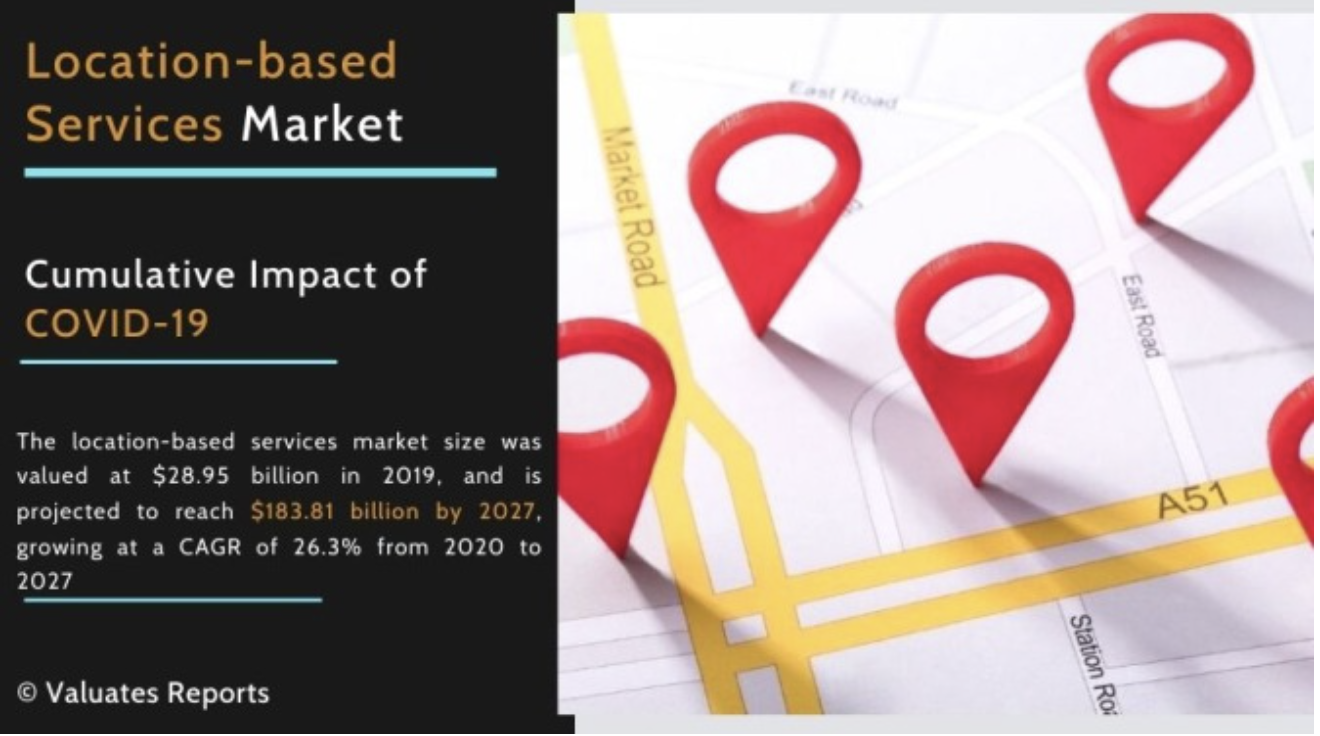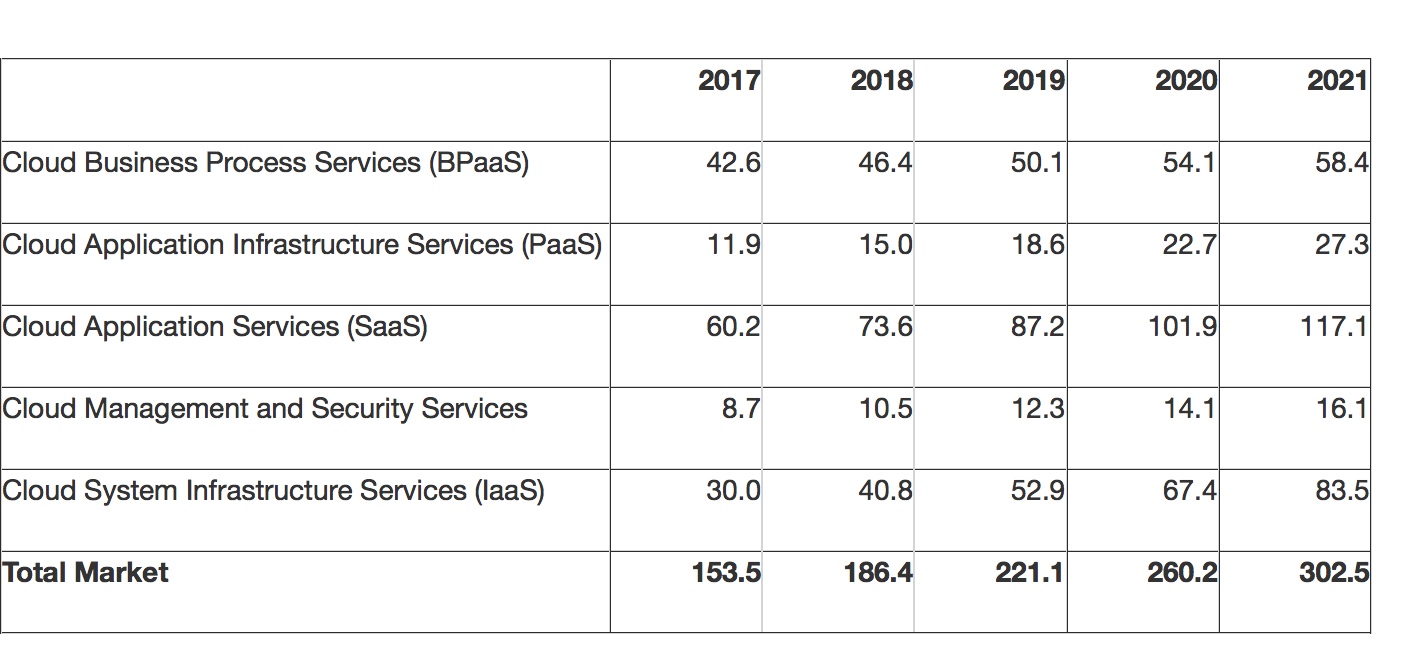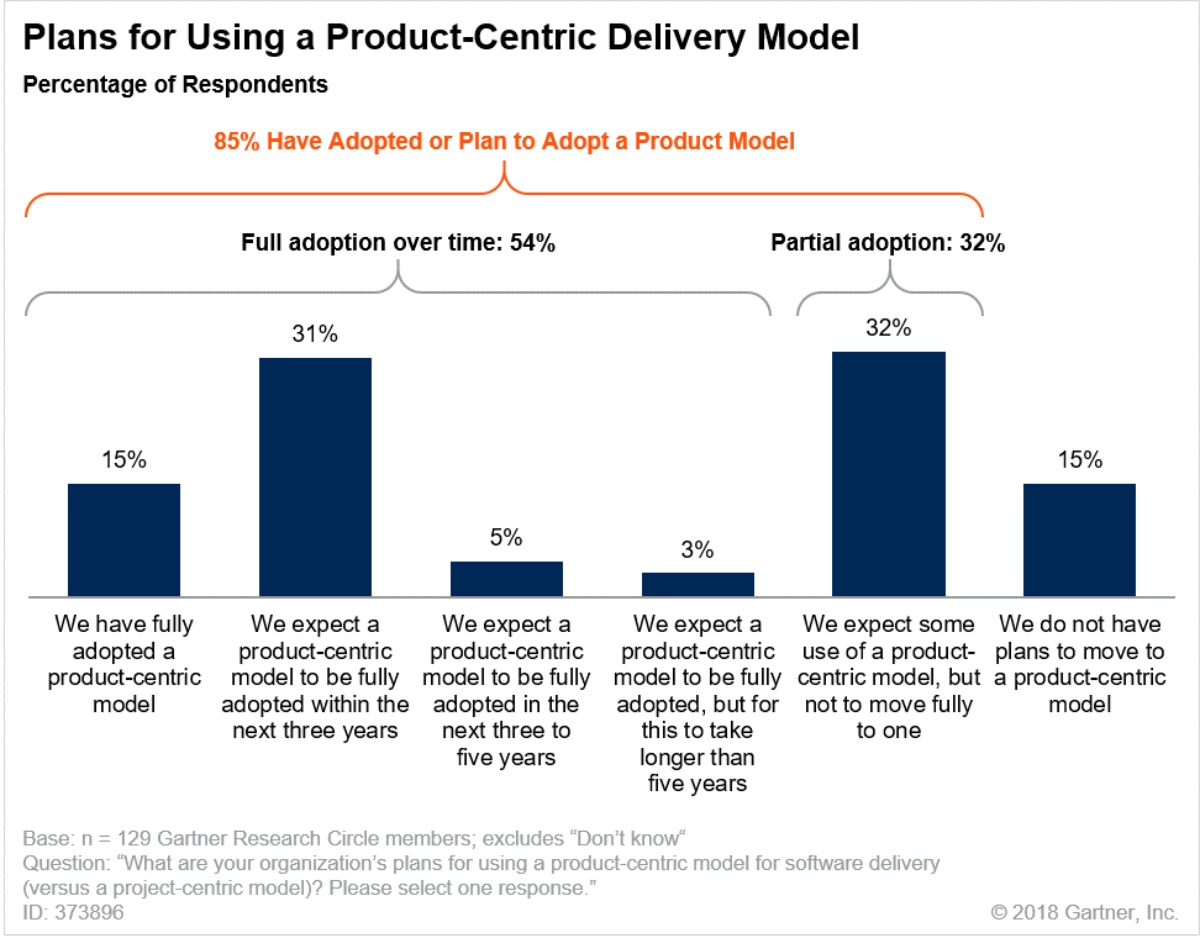The location-based services market size was valued at US$29 billion in 2019 and is projected to reach $184 billion by 2027, growing at a compound annual growth rate of 26.3% from 2020 to 2027, according to Valuates Reports.
As the number of COVID-19 patients increases, the demand for technologically enhanced medical solutions has increased significantly, notes the research group. Robots are used in conjunction with connected wearables to alleviate stress on healthcare workers and help treat patients.
Location-based service helps healthcare and life sciences, energy, and utility industries reach out to customers and people in need. Though the demand for LBS has decreased compared to the pre-pandemic time, the impact is relatively moderate in comparison to transportation and logistics, manufacturing, and tourism and hospitality industry.
Valuates Reports says that growth in mobile penetration and expanded use of 3G and 4G networks drive global market growth. Furthermore, key players have concentrated on developing low-priced GPS and other components to cater to rising customer demand, which contributes significantly to global market development.
However, the research group adds that the location-based services are currently facing major challenges from regulatory policy and user protection regulations. Many developers of software applications are becoming aware of the growing international privacy laws and industry self-regulation codes that regulate their use.
Growing demand for LBS is a major factor expected to drive the location based service market size, according to Valuates Reports. The increase in demand for location-based services among various industry verticals for applications such as location-based ads, business intelligence and analytics, and fleet management is further expected to provide remunerative opportunities for the expansion of the global location based service over the forecast period.
The location-based services market size is further driven by the varied scope of applications across different sectors, per Valuates Reports. For example, LBS is used for navigation, traffic management, asset tracking, and marketing based on the proximity. It also finds use in fraud prevention, mobile workforce management, and context advertising. LBS is used by the Defense & Military sector for surveillance, battlefront analysis, and formulating strategy. LBS solution, in civil engineering.





